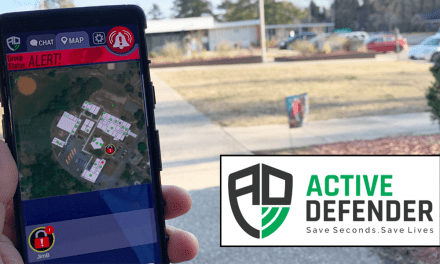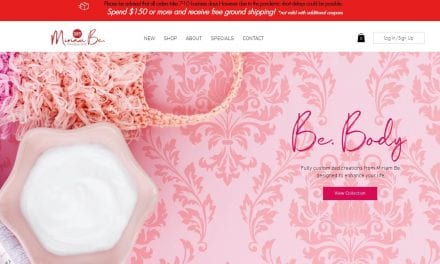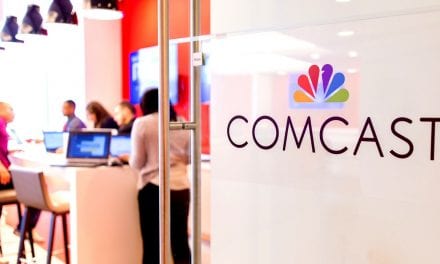According to Mary Slater, Senior Vice President of Marketing and Human Resources at downtown Nashville bank Fourth Capital, the banking industry is very traditional. She tells Launch Engine that a lot of the same services and regulations are seen in different banks and that, for customers, the experience of using one bank over another can feel cookie-cutter.
So, back in June of this year, the banking institution formerly known as “Tennessee Bank & Trust” decided to change its name to “Fourth Capital” during the COVID-19 outbreak.
Mary says, “Last year, we sat down with the leadership team, and said ‘Do we feel like Tennessee Bank & Trust fits us?’” She says that after much thought, the leadership team decided to take a calculated risk. “There’s a million other banks in this market [with] ‘Tennessee’ in their name. We were constantly getting called ‘First Tennessee,’ ‘Bank of Tennessee,’ you know. It was just—there wasn’t enough differentiation for us.”
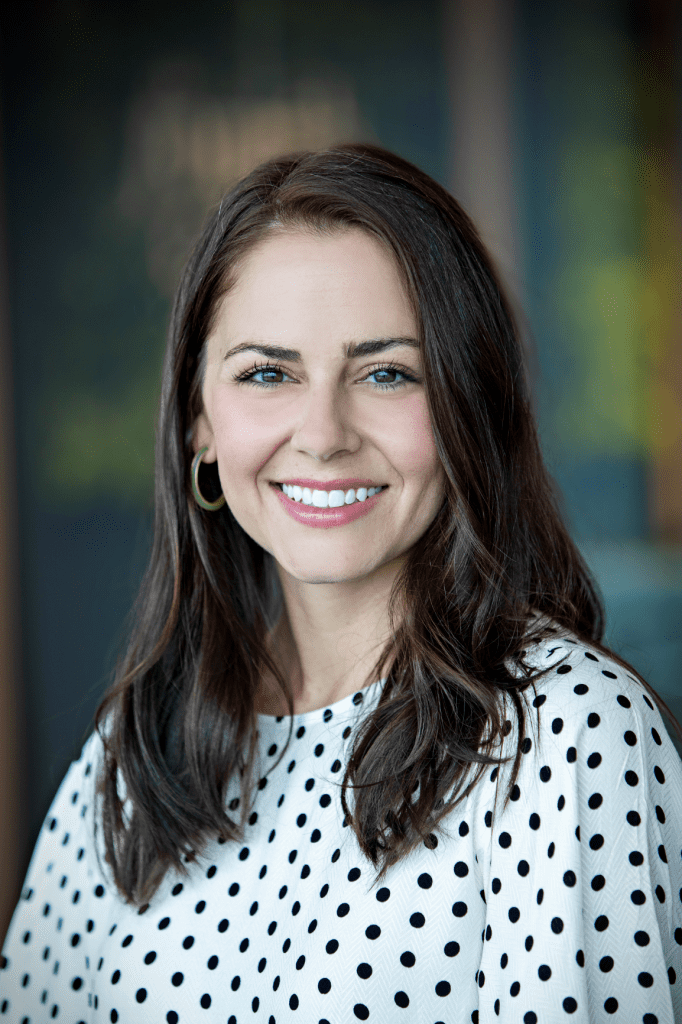
To some, it might not sound like the rebranding of a bank would be a mission-critical objective during a global pandemic. However, just like other banks, Fourth Capital wants its identity to stand out so that customers recognize it as a preferred bank service.
Yet, standing out from the competition meant more than simply a name change, it meant a re-alignment to some new ideologies. The name “Fourth Capital” is a nod to two different influences on the bank’s new identity. Nashville was actually selected to be the fourth capital of the state after three other cities were previously selected; the name pays homage to its headquarters and community. It’s also a reference to the “The Fourth Industrial Revolution” and the new businesses that will emerge from this era. The shockwave of different technologies has already been rippling through industries over the last few decades, and Fourth Capital wants to embrace this disruption with open arms. According to Mary, the bank sees itself as taking part in “the fundamental shift in the way we live and relate to each other” here in the Music City.
“We are going to be a bank that’s going to thrive and be relevant through changing times,” Mary explains. “We’re trying to build a bank that hasn’t been built before.” That means that Fourth Capital wants to challenge the process of typical banking—not be stuck in the old ways—and do a little disruption of its own. Mary says that that’s very difficult to do when it seems like every single bank is trying to do the same thing.

It is difficult, of course, but not impossible with the right strategies. One of the strategies of Fourth Capital is its attention to Music City. Mary says that while most of the banks operating in Nashville are publicly traded and not headquartered here, Fourth Capital is owned by a local investor, Gaylon Lawrence, Jr. As a result, Mary feels that being privately held by a local owner works in Fourth Capital’s favor. She says this allows the bank to make decisions for the long-term and focus on the endgame of just providing consistent value to the marketplace. Since Fourth Capital is solely owned by someone in Nashville, that allows Fourth Capital to be focused solely on Nashville.
She states, “Nobody’s going to care about the diner down the street or a bookstore down the street more than a local bank who is headquartered in your own community, whose employees live there. This is our community too, so we really care about what’s going on and the success of the people around us—and the businesses around us. You’re not going to get that with every bank.” Mary notes that many people are intentional about every other aspect of their business or personal finances and that typically, many customers’ decisions about banking don’t get that same level of scrutiny. She says that there’s a “right fit” of banking services for every business and the best, surest way to get that fit is because the bank offers a personal component to its services. “If you’re a local business, there’s no reason you shouldn’t be banking with a local bank,” Mary asserts. “We have all of the same technology. Technology in banking is kind of ‘the great equalizer,’ because we have the same technology as a larger, regional bank. But we have… the personal touch as well.”
That personal touch is particularly important when you’re a small business owner lost in the banking experience. Larger banks are often not a part of the community, and their offices merely being located in an area doesn’t make them invested in the prosperity of their neighbors. As local banks have smaller audiences, they can devote more attention to an area’s needs. This includes bank employees developing a rapport with bank clients, and figuring out their needs or banking habits.

Mary tells Launch Engine that Fourth Capital gained new customers during the pandemic. She says that many Fourth Capital customers were able to get better quality of service during the pandemic than they might have had if they banked with a larger institution. “We’ve kind of said throughout this whole… COVID-19 and the PPP process, it’s really shined a spotlight on why community banks are so important, and why it’s so important to be intentional about who you’re banking with,” she says, referring to the application process for the Paycheck Protection Program loans offered to small businesses during the pandemic.
Mary explains that during the recent emotionally-charged time where many local businesses faced the prospect of having to shutter their business, having an accessible bank in the neighborhood made a big difference. Because Fourth Capital is local and invested in its neighbor’s success, it was able to help many business owners through a scary time. Fourth Capital went out of its way to talk to people about their PPP loan options. She says, “A lot of people with small businesses weren’t even able to get in contact with their bank in trying to get those PPP loans. We were so proud that we were able to help each of our customers and many other individuals.” She says that President and Chief Banking Officer Brian Heinrichs personally input the PPP loans into the loan system, which was overloaded with other banks trying to access it. This involved Heinrichs sometimes working at 3.a.m.—just to get the loan information uploaded.
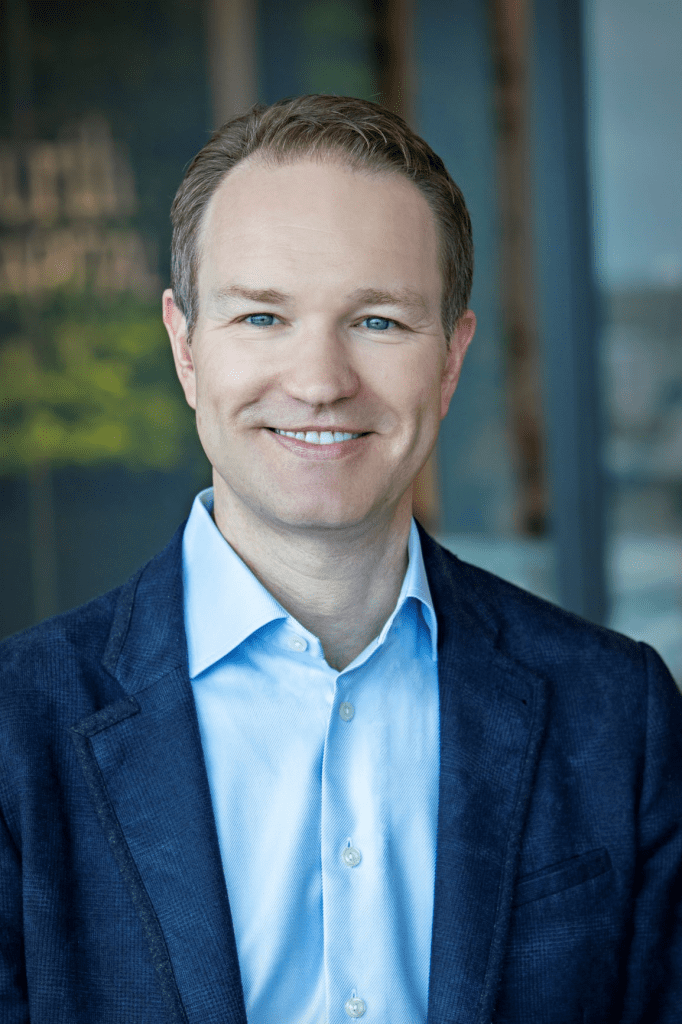
Being rooted in the area also helps Fourth Capital. The bank’s website says that the Fourth Capital is “built on the Principle of Mutual Benefit.” Mary says, “That’s something that we talk about a lot here… We’re in this community. We’re built for the long haul.” She shares that the concept of mutual benefit is to keep both parties in a business transaction happy, as opposed to a more one-sided relationship where one party benefits greatly while the other gets minimal gratification out of the deal. Mary offers that relationships not built on the concept of mutual benefit “aren’t a true relationship.”
She says, “We can’t always say ‘Yes,’ to the customer… But we do our best to really think outside the box, [and] try to think long-term about what the needs are of the customer. And how we can kind of get them where they want to be in a creative way.”
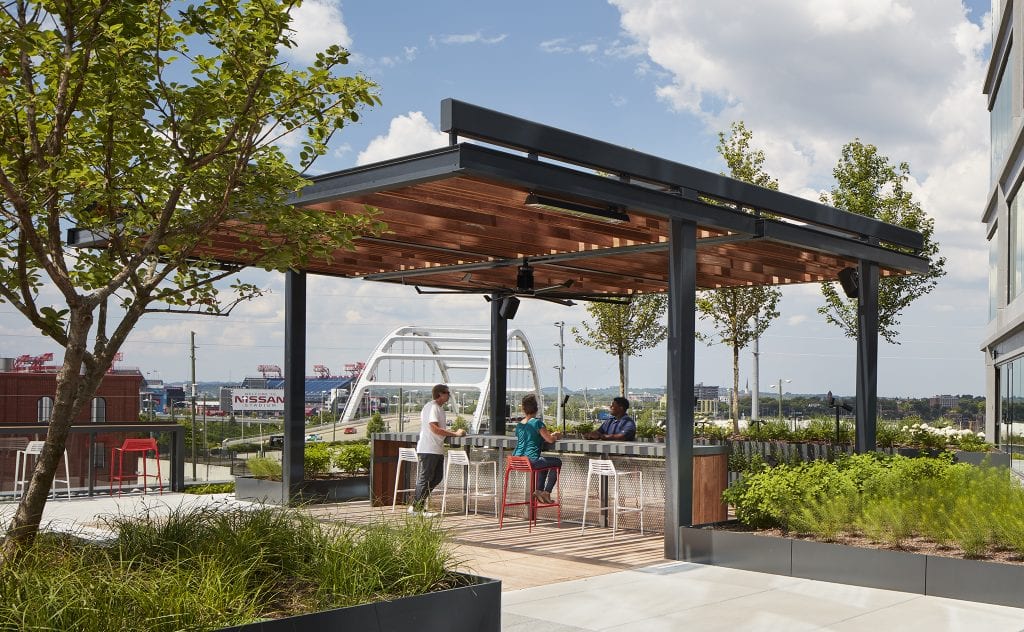
Fourth Capital’s new identity came after additions to the leadership team were made. Heinrichs came to the bank last year, bringing with him concepts that he thought could work well for the institution. Mary says that an expanded building phase has expedited Fourth Capital’s growth process and ramped up its infrastructure over the last 12 months. This includes hiring over twenty new people since June 2019. The bank relocated its headquarters office in July to downtown Nashville’s Peabody Plaza, which also includes a new branch location on the building’s first floor.
“We are really trying to make a push in this market,” Mary says, as Fourth Capital’s reach to downtown means a long trek from its prior spot in the suburbs. “We’re really trying to make a name for ourselves.” She says that the bank is still hiring and still trying to get some of its operations and procedures in place.
Regardless of what the future has in store for Music City, Fourth Capital wants to be the neighborhood bank that reflects Nashville’s values. As Nashville itself strives for economic progress and while attempting to remain personable, Fourth Capital’s growth will likely be governed by a desire to retain its character as a community bank.
For further information about Fourth Capital, be sure to visit their website and social media.



